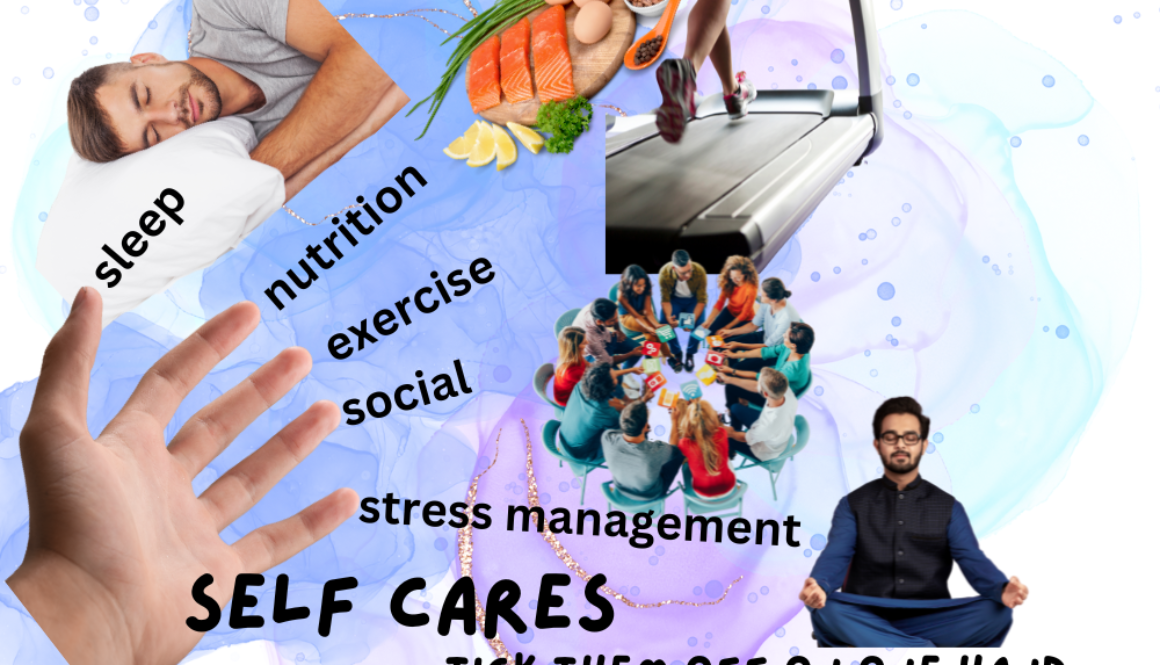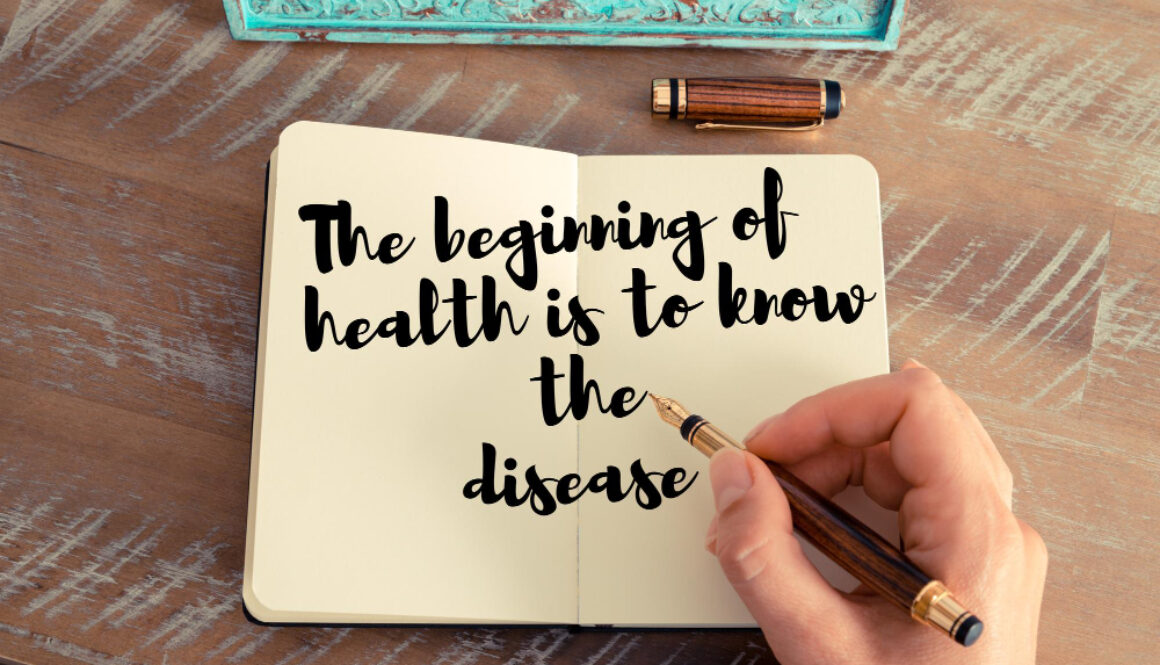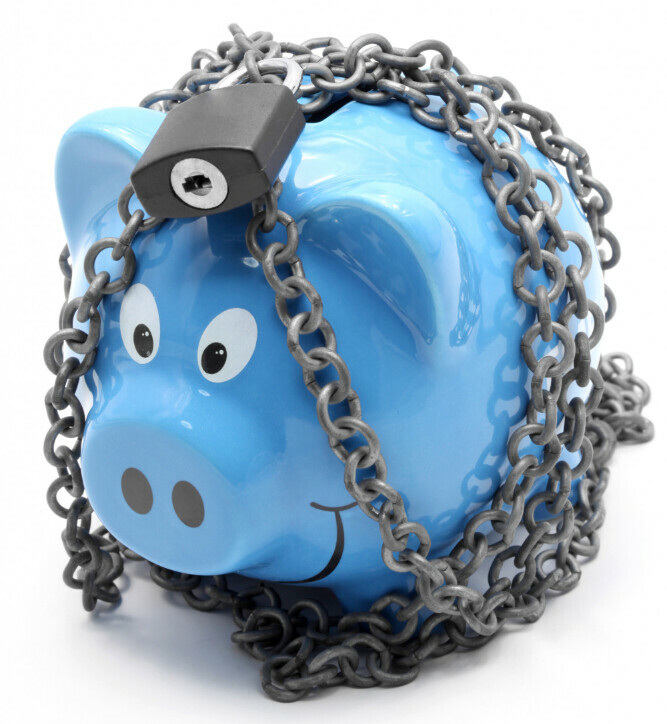SelfCare: Put On Your Own Oxygen Mask First
I’ve often heard self-care compared to the safety instructions given on an aeroplane. If you’ve ever flown, you’ve noticed how flight attendants stress the importance of securing your oxygen mask before assisting others. More than an in-flight precaution, it’s a powerful metaphor for life. When prioritizing our well-being, we equip ourselves to support those around us better. So, remember – selfcare: put on your own oxygen mask first.
Some might think it’s self-indulgent to focus on self-care, but I assure you, it’s necessary. Neglecting my needs can lead to burnout, and I’ve experienced how that diminishes my ability to be present for others. When prioritizing my health and happiness, I’m more available and capable for my loved ones, colleagues, and the community.
Ignoring the signs of personal depletion can have severe consequences. Without proper attention to self-care, stress accumulates, and mental and physical health can deteriorate. Recognizing this has made me realize that self-care isn’t a luxury; it’s a fundamental life skill that requires my commitment.
The Fundamentals of Self-Care
The core of self-care refers to anything you do deliberately to benefit your mental, emotional, and physical health. It’s not a one-time deal but an ongoing practice, like eating well or exercising regularly. The concept might sound straightforward, but there’s a difference between knowing about self-care and implementing it.

Self-care includes getting adequate sleep, eating nutritiously, enjoying regular physical activity, managing stress, and having meaningful social interactions. Without making time for these areas, people can quickly find themselves off balance, impacting their overall well-being.
Self-care has several dimensions, each as important as the next. Physical self-care involves caring for your body – taking proactive measures to stay healthy, whether it’s through exercise or regular medical check-ups. Emotional self-care means allowing yourself to feel, express, and process emotions. Mental self-care comprises engaging in activities that stimulate and nourish your mind. Lastly, spiritual self-care may include practices that align with your values and beliefs, giving you a sense of purpose and connection.
I can’t underline the importance of forming daily habits that promote self-care. A short morning meditation, a healthy breakfast, or a brisk walk are activities that put a tick in the box. And remember, self-care doesn’t have to be elaborate or expensive; it’s about making yourself a priority in a way that fits into your life.
Recognizing the Signs of Self-Neglect
It’s crucial to know when you’re not taking care of yourself. Imagine driving a car and ignoring the ‘low fuel’ light. Eventually, you’ll find yourself stranded. The same goes for your body and mind.
So, what are these warning signs? You might feel constantly tired despite getting enough sleep. Your motivation levels may plummet, and enjoying things that once pleased you becomes rare. Perhaps you’re getting sick more often, or your stress feels unmanageable—your body signals, flashing brightly, urge you to pay attention.

When ignored, these indicators can lead to more severe issues. Burnout, depression, anxiety, and physical ailments aren’t just uncomfortable. They can derail your life, affecting relationships and job performance. They can transform molehills into mountains, making day-to-day activities feel insurmountable.
However, it’s not just about spotting the signs; it’s about taking timely steps like developing a self-care action plan to address them. The sooner you take these steps, the less likely you are to fall into a tough-to-break cycle of self-neglect.
Practical Strategies for SelfCare: Put On Your Own Oxygen Mask First
I’ve always found that setting healthy boundaries is one of the most effective ways to ensure I care for myself. Boundaries are crucial for relationships. Carving out the necessary space and time for self-care is another vital element. It’s about knowing your limits and communicating them clearly to others. It may be difficult initially, but saying ‘no’ can mean saying ‘yes’ to your well-being.

Another game changer for me has been mastering the art of time management. It’s not uncommon to feel like there aren’t enough hours in the day, especially when balancing work, family, and social commitments. Make self-care a scheduled priority—a non-negotiable part of your routine, like any important meeting or doctor’s appointment.
I integrate self-care into my busy lifestyle by identifying often overlooked pockets of time. For instance, a lunch break can be an opportunity for a brisk walk. Mindfully enjoying a break for a few minutes can recharge your mental batteries. It’s about finding what works for you and embracing those moments fully.
Importantly, self-care doesn’t need to be time-consuming or expensive. Simple acts like ensuring a whole night’s sleep, eating nutritious foods, or practising deep-breathing exercises can make a significant difference. These acts might seem small, but they accumulate to form the backbone of a robust self-care regime.
As I proceed to the next section, remember that while weaving self-care into your life is essential, it’s not always straightforward. It’s helpful to confront hurdles, from your inner critic to external pressures.
Overcoming Obstacles to Self-Care
It’s common to encounter barriers when trying to maintain a self-care routine. Some challenges are external, others are internal, and both can disrupt even the best intentions. A critical step in your self-care journey is seeing and developing strategies to overcome the obstacles.
One of the most pervasive myths about self-care that couldn’t be farther from the truth is that it is indulgent or signifies weakness. Self-care is about keeping yourself well to meet life’s demands—for your benefit and those you care for. Yet, you might feel guilty for taking time out for yourself. Remember, your well-being is the foundation upon which you support others, so it’s integral, not optional.
Another obstacle is societal pressure. There’s a prevalent expectation to always be ‘on,’ productive, and giving to others, making it difficult to justify taking a break. It’s essential to consciously affirm that self-care is a responsible choice and to distance yourself from these pressures.
Create a support network, including friends, family, or professionals who encourage your self-care efforts. When you’re overwhelmed, reaching out to your network can give you the strength to persist in your routine or seek other assistance.
Finally, when traditional self-care practices may not fit your lifestyle or appeal to you, thinking outside the box is okay. Self-care can look like a hobby, learning something new, or simply enjoying quiet time. It’s personal and should reflect what rejuvenates you.
Maintaining Self-Care in Times of Stress
Stress is inevitable but shouldn’t derail the self-care practices that keep us grounded and healthy. When life throws its unavoidable curveballs, it’s crucial to have a self-care toolkit ready to help manage the pressure.
Adapting your self-care routine may be necessary when you’re facing challenging times. It’s okay to modify your habits to fit your current situation. Sometimes, this might mean simplifying your practice or focusing on the most critical aspects that offer you the most relief.

Building resilience is vital to maintaining self-care during stressful periods. Resilience helps us bounce back more quickly from setbacks and to handle stress more effectively. Incorporate activities that strengthen your mental and emotional fortitude, such as mindfulness, regular exercise, or engaging in hobbies you love.
Finally, know it’s essential to reach out for support when needed. Whether talking to a friend, joining a support group, or even seeking professional help, connecting with others can be a powerful aspect of your self-care strategy. Reliable resources are available to you, and there’s strength in admitting when you need that extra helping hand.
Resources:
Claudia Monicelli
Forbes






































 Macronutrients are the powerhouses: proteins, fats, and carbohydrates. Each serves a unique purpose. Proteins repair and rebuild tissues, fats provide long-term energy and support cell growth, and carbohydrates are your body’s primary energy source. Misconceptions abound, but no single macronutrient is the enemy. Balance is key.
Macronutrients are the powerhouses: proteins, fats, and carbohydrates. Each serves a unique purpose. Proteins repair and rebuild tissues, fats provide long-term energy and support cell growth, and carbohydrates are your body’s primary energy source. Misconceptions abound, but no single macronutrient is the enemy. Balance is key.







